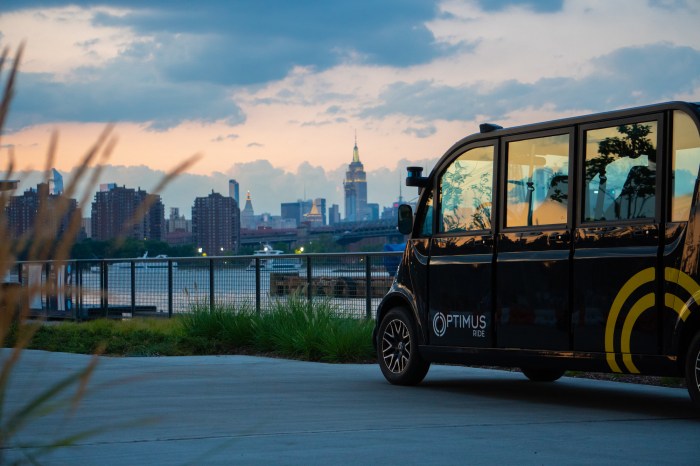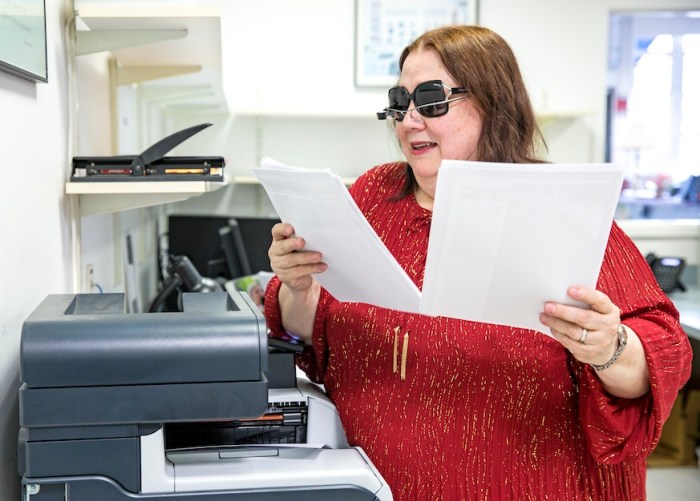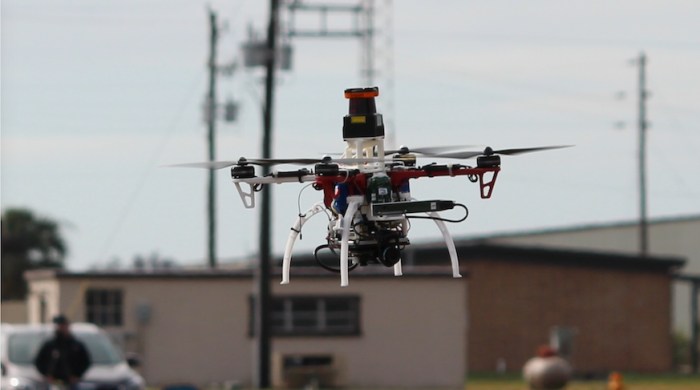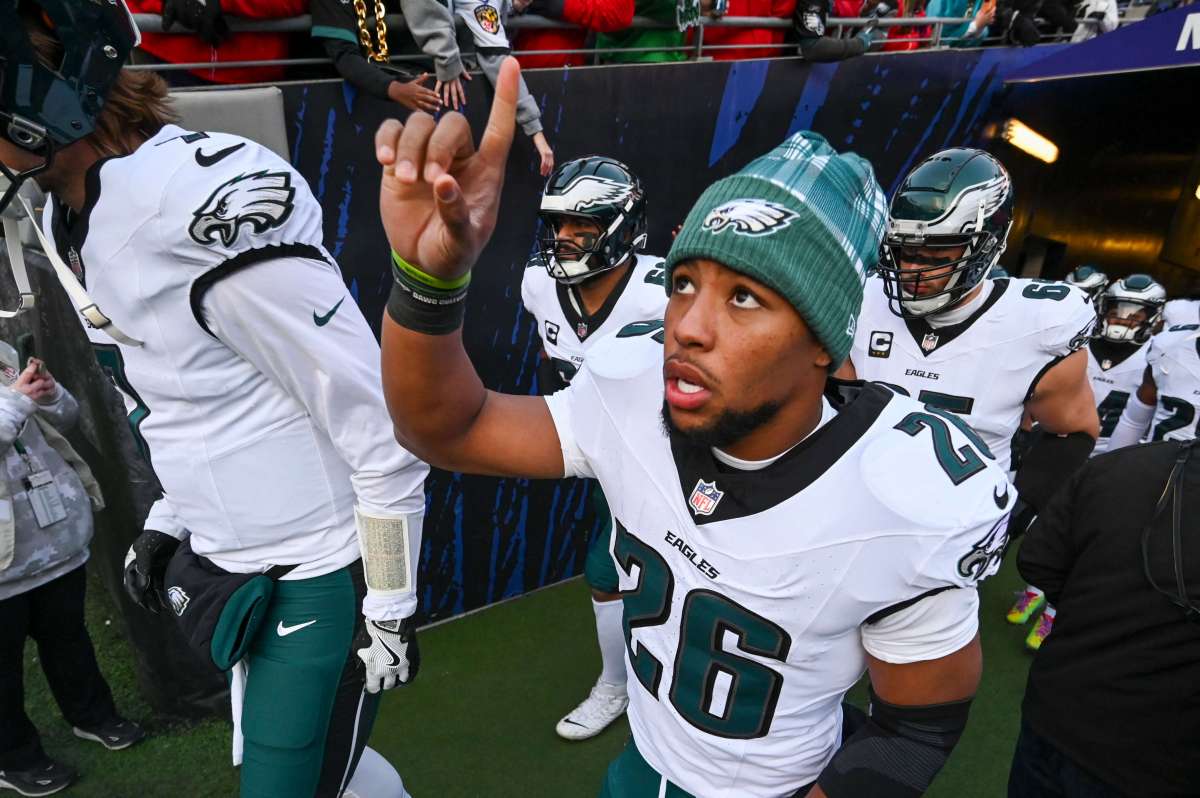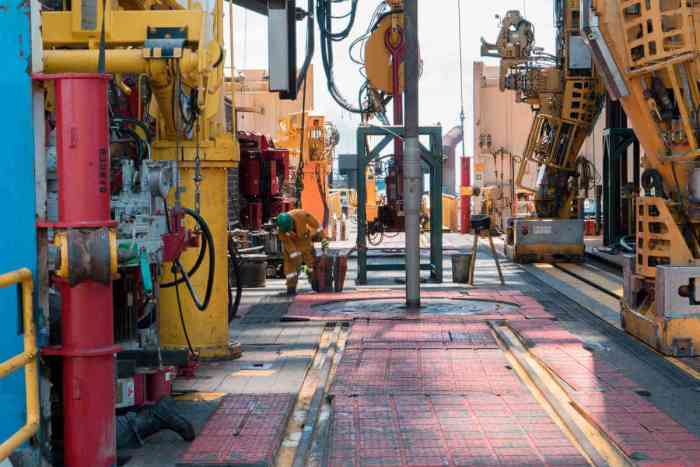From Reebok to New Balance, Converse to Puma, sneaker manufacturers are big-footing Boston’s traditional tech and medical industries.
Seven multinational shoe and sneaker companies have come to call the hub home in recent years, employing more than 2,500 people and creating a foothold for a thriving retail market.
In December, Reebok opened its headquarters in the Seaport. New Balance and Converse built new headquarters last year. Wolverine World Wide Inc., which owns Keds, Sperry and other brands, opened a regional campus in Waltham. Clarks relocated to Waltham in October and PUMA has been in Boston since 2002. Rockport will open a headquarters in Newton later this month.
What has attracted these shoe giants to Boston? A perfect fit of youthful talent, culture and innovation, says John Barros, Boston’s economic development chief.
“[Businesses] are coming because we have a talented workforce, because we have a strong economy, because of the cluster of different innovative businesses and because of our quality of life,” he said. Industry analysts agree, saying Boston, with its youthful median age of 31, is ideal for fashion marketers.
“These companies cluster because they’re primarily looking for talent. You want to be where the people are,” Matthew Powell, a sports industry analyst for the NPD Group, a New York-based market research firm, told the Associated Press. “They’re also trying to stay close to their consumer. Millennials are clustering in large cities, so it’s a great way to be plugged into where your consumer is.” And, well, if the shoe fits…
The boom in big business has laid the groundwork for a thriving retail market, which has been fed by Boston’s youthful counterculture, agreed Oliver Mak, part owner of Bodega, one of Boston’s most popular sneaker boutiques. “Boston as a space for sneaker heads is a dream come true,” Mak said.
In a decade since going into business, Mak has collaborated with PUMA, New Balance, Converse and Reebok on at least 14 limited-edition, custom designed shoes.
Last year, Bodega teamed up with Reebok for “The Decade,” a shoe that commemorated the shop’s 10-year anniversary.
“It makes it easier to have access to materials and designers, so it’s easier to collaborate on products together,” Mak said of his shop’s proximity to major shoemakers. “It’s easier in general for us to have access to every level of what they do — marketing, sales and design.” He said this type of collaboration helps push the boundaries of design, allowing mainstream retailers to try new things without the risks of a large-scale production roll out.
It’s these limited editions that keep people excited about buying shoes, he said.
“Our shop and footwear in general is a big intersection of youth counterculture and subculture — punk, graffiti, fashion, hip hop — that’s what makes sneakers,” Mak said.
Bodega isn’t the only shoe game in town though, Boston is home to at least two dozen specialty sneaker stores.
Joamil Rodriguez, who owns the sneaker consignment store Laced Boston, which specializes in hard-sought, limited-edition shoes, said all the outlets owe their success to each other.
“There are so many successful companies that have built off this,” he said.

